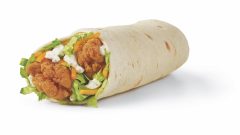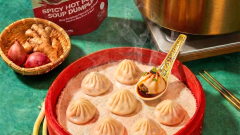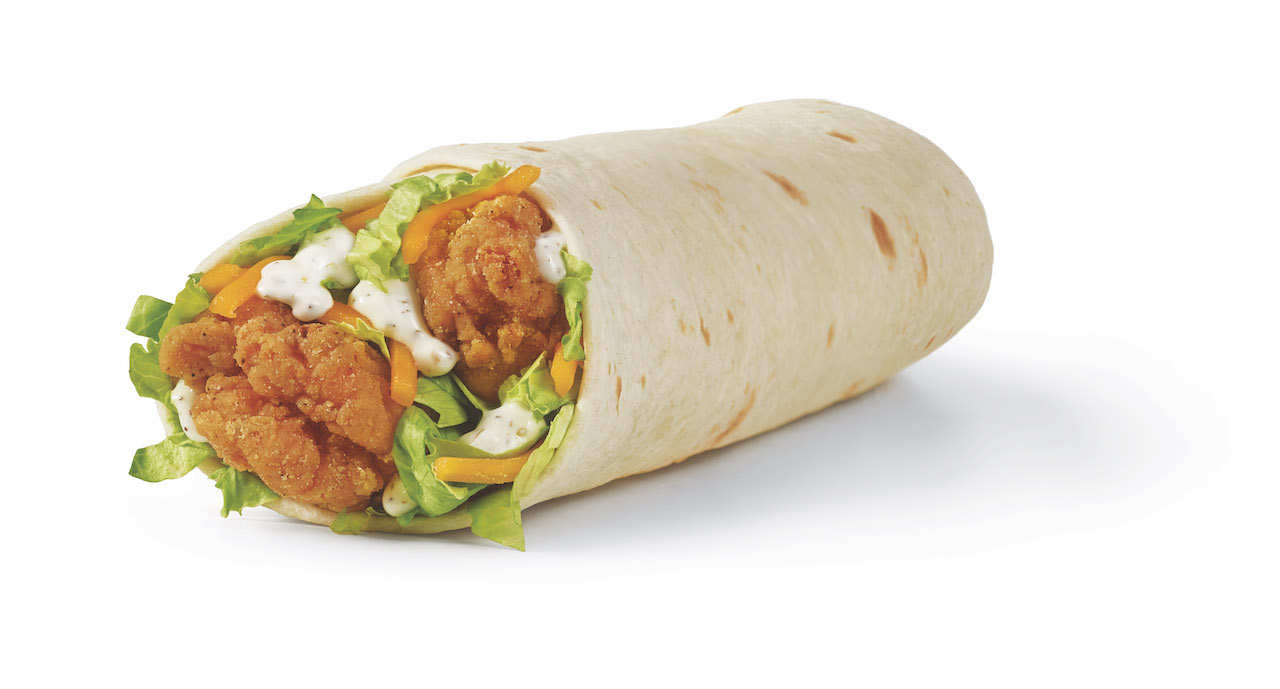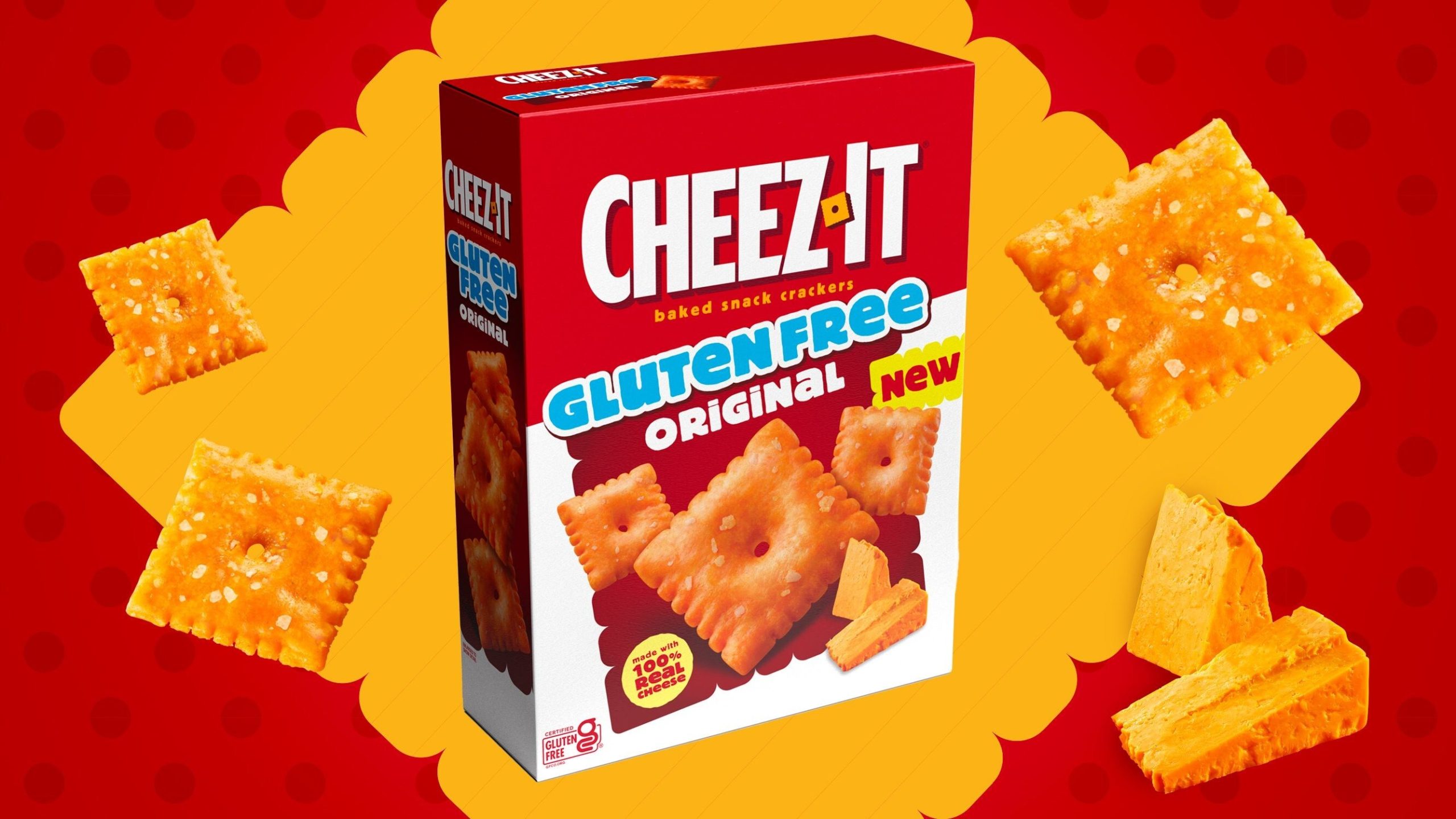The Olive Oil Mafia is Real, Dirty & In Your Kitchen
Fraud in the world of olive oil dates back thousands of years to ancient continental empires. Archaeological record indicates the existence of an “olive oil surveillance team” in Nuzar (modern-day Syria) and inscriptions on oil containers from the Roman Empire bearing a production time and place – not unlike the born on dates pushed by Budweiser marketing a decade ago.
Owing to geography and Mediterranean tradition, Italy is a formidable force in the olive oil industry, commanding so much marketing power that you will often find bottle after bottle of the stuff on store shelves sourcing oil from seemingly everywhere except Italy, but prominently boasting a label indicating it was packed or produced in the country to imbue it with a provenance of “je ne sais quoi” – or whatever the Italian version of that is.
As with anything rooted in the boot-shaped peninsula, you wouldn’t be remiss to suspect the tireless hand of corruption. Popular myth indicts the mafia as the source of a vast olive oil conspiracy, but aside from a front business for 1920s Italian-American mob boss Joseph Profaci – Mario Puzo’s inspiration for Vito Corleone – no one has revealed a specific connection beyond the standard suspicion of mafia influence that mars Italy’s image in seemingly all facets of business and government. The scandal here is of a more corporate variety; perhaps the mob has simply evolved their disguise? Or maybe corporations are the new organized crime?
In his excellent book Extra Virginity, Tom Mueller travels the world to unmask the treachery of oil adulteration, a racket one source likened to “cocaine trafficking profits with none of the risks.” The unspoken conclusion of his reporting seems to be that this mass deception goes far beyond the mutual back scratching society of Italian companies and so-called regulatory agencies lining each other’s pockets and deceiving consumers. It appears that Big Oil is running a global scam selling various ersatz concoctions under the label of “extra virgin olive oil,” falsely setting mass consumer preferences towards dirt cheap, bland, low-grade oil in the name of moving volume on a scale that keeps their business growing and high-priced, high-quality artisanal competitors unable to compete, per the grand prescription of capitalism.
To understand the superiority of olive oil in general, and to establish a basis for becoming the fussy, discerning amateur oil sommelier of your dreams, you have to understand that olive oil is not your typical liquid fat. As Mueller explains:
Olive oil is the only commercially significant vegetable oil to be extracted from a fruit rather than from seeds, like sunflower, canola, and soy oil. Since the fruit contains considerable water, extraction can be done by mechanical methods alone, with a centrifuge or a press, whereas extracting seed oils generally requires the use of industrial solvents, typically hexane. To remove this solvent from seed oils, as well as to eliminate the unpleasant tastes and odors they normally have, they must be processed in a refinery, where they undergo high-temperature desolventization, neutralization, deodorization, bleaching, and degumming. The end result is a tasteless, odorless, colorless liquid fat. Olive oil, instead, can simply be pressed or spun out of the olive pulp, yielding a fresh-squeezed fruit juice…
This introduction to the olive oil game drops hints at the dubious practices in Big Oil’s arsenal. “Extra virgin” refers to the freshness of the olives. As soon as the fruit is picked and processed for its wonderful nectar, it starts spoiling. So this is dirty trick number one: using overripe olives, careless methods that bruise the good ones and accelerate the spoiling oxidation process, or simply selling old oil. Dirty trick number two involves outright nominal fraud: the use of the seed oils listed above.
According to Mueller, we have Napoleon to blame for this. It was his competition that led to the invention of margarine, meant to be a cheaper, longer-lasting butter for the military and the poor. The industrial revolution rolled around and early food factories operating without regulation harnessed the power of modern processes of refining and hydrogenation were able to concoct any oil product from whatever resource cost them the least at the moment. Today, the modus operandi of sketchy oil hucksters is to dilute a small concentration of legitimate extra virgin with a large volume “lampante” (literally lamp oil – low-grade olive oil that is technically illegal for human consumption in Italy) or use chlorophyll-dyed seed oil to fill the bottle.
A more minor transgression comes in the form of labels boasting “first-pressed” or “fresh-pressed” or “cold-pressed.” Most olive oil is made in modern centrifuges rather than archaic presses and these time-sensitive claims are a redundancy – all extra virgin oil must be made from the initial output of a harvest.
Once you follow Mueller around various Italian countryside mom-and-pop olive oil operations and meet the true believers that tirelessly keep them going, you start to see where the battle lines are drawn. Descendants of multi-generational olive farmers decry the industrial deodorization that goes on at oil conglomerates to make harsh, substandard oil inoffensive to the average palate and present as clean extra virgin, when in reality a true extra virgin should be pungent and flavorful – even burning the throat to an extent with certain species of olive. Those oil diehards who see health benefits in olive oil claim that these cheap, bland oils that are not only destroying the market for flavorful but costly true extra virgin olive oil, but also the antioxidants that underlie the ancient myth expounding the remedial nature of the stuff.
If this sounds suspiciously like the white vs. wheat bread debate to you, you’re not alone. Swallowing the red pill of olive oil reality brought the same self-doubt I experienced years ago having the wool pulled back from my eyes on the horrors of white bread. Growing up, I dearly loved my Wonder Bread; a soft, untoasted peanut butter delivery system I was heartbroken to part ways with once I understood its bleached “wholesomeness.” In a world overrun with the industrial ethos, this is a conflict I could probably seek out and find similar conflict beyond the food world, with the idea of craft this, artisanal that, and handmade whatever extending to any consumer good or service.
Not surprisingly, as I progressed through this book, I couldn’t fight the growing urge to run to my kitchen cupboard and investigate the labels on the olive oil that I’ve bought mostly on price and happily consumed on bread, in salads, and in homemade pasta sauce for time immemorial. My big, tinted Trader Joe’s bottle seemed to check out (Mueller prefers light-resistant packaging) on appearance, but my roommate’s clear plastic bottle of Trader Giotto’s olive oil listed “refined olive oil” as its first ingredient and set off my nascent oil snob red flags. Suddenly, it all became so clear – the excessively Italian “Giotto” namesake, “imported” slapped broadly across the front, and of course the faux-venerable “packed in Italy.”
I returned to my bottle of superior “all natural cold pressed premium extra virgin olive oil” and cupped and tasted a sample of it. Just like the oil experts in the book I swished it around in my mouth praying for some noticeable flavor to elevate it above flatness of the maligned fakes I had just read about. Nothing. This was cooking oil. I’ve bought the more expensive Trader Joe’s olive oils before, but happened to have cycled back to this lower-cost standby on my last shopping trip. As much as I love Trader Joe’s – even to the strict exclusion of other grocery stores – I wasn’t in a place to trust any corporation, no matter how gourmet or lovable. Who knows what suspect oil deals are struck behind their cheerful, Hawaiian-themed facade?
Mueller describes US food as only regulated for safety, with quality left to the free market, so I had to go straight to the source. Thinking fresh, I started by ordering two bottles of Corto extra virgin from an olive ranch here in California featured and sanctioned in Extra Virginity. I will be vigilant about whatever time information is listed on the bottle, but harvest is underway, so hopefully I’m not stuck with last year’s dregs, however educational the experience sampling old oil would be.
Wanting to fulfill the scientific method and needing to satisfy my completist compulsions, I needed to find more olive oil to buy, test, and hopefully fall in love with. My online search for “fresh olive oil” brought me T.J. Robinson, “The Olive Oil Hunter” and his oil-of-the-month club at FreshPressedOliveOil.com.
His site is an austere but lengthy single-page testimonial written in the format of a textbook internet marketing sales letter. Where Mueller approached his olive oil exposé from a journalistic perspective, Robinson tells a similar story with a decidedly commercial end, playing to the vast and wealthy US food snob audience. I plunked down a hundred dollars and a day later received a “shipment alert” for “three precious bottles of the world’s freshest, finest olive oils, hand-selected and imported from Australia exclusively for you!” The enthusiasm is a bit cloying, but Robinson seems to know his stuff, making sure to point out the selection of Australian oil because of seasonal timing. This is the last of the Australian stock for this year, so again I will be wary of born on dates and other pertinent information as I embark on my olive oil odyssey at the cusp of the switch to the northern hemisphere harvest season.
Lest you think I’m out of spirit with epicurean ideals in my cold, scientific approach to educating myself about olive oil, be assured that my main motivation to suddenly spend lots of hard-earned dollars on high-end olive oil is to gorge and delight myself with delicious, oil-doused “test” food, using my duty to report the truth to the public as cover for a feast.























